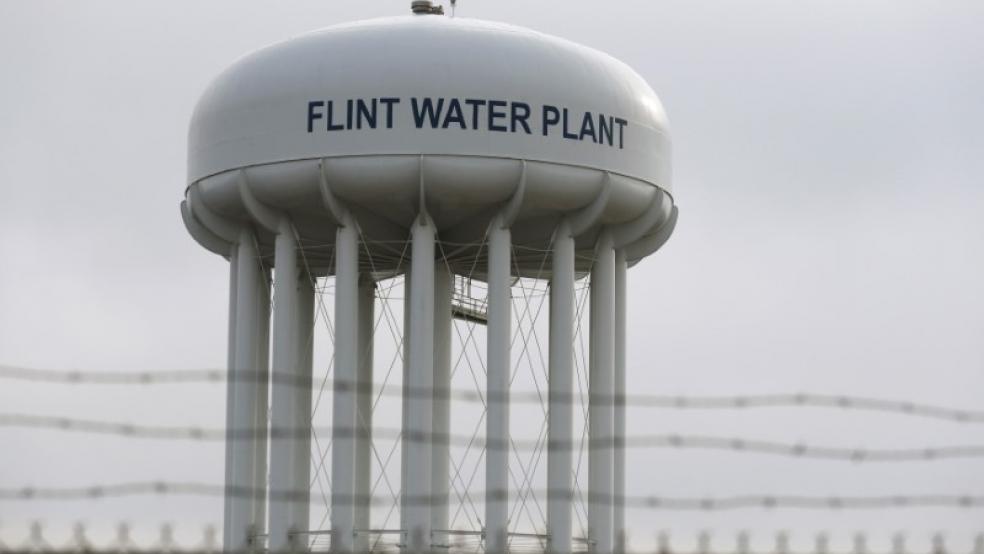WASHINGTON (Reuters) - The U.S. Congress was ironing out a new plan on Wednesday to rescue Puerto Rico from crippling debts that threaten the island territory's funding for hospitals and emergency services, as the treatment of bondholders simmers as a point of contention.
The Obama administration and congressional Democrats raised concerns about legislation being floated by Republicans. It would steer creditors and holders of Puerto Rico bonds toward a new, independent board that would seek a fair way to write down an estimated $70 billion in debt.Puerto Rico's economy has struggled for years and the U.S. territory's government has borrowed heavily to pay its bills. Its bankruptcy reorganization options are limited under present law and Congress has become involved.The Republican bill "imposes an unworkable, mandatory process" on debt restructurings "that will only delay the ability to reach a comprehensive resolution," Treasury Department Counselor Antonio Weiss told a congressional panel.All of Puerto Rico’s many debtors "would have to complete a complicated process before any single entity could begin to restructure," Weiss said in prepared testimony to the U.S. House of Representatives Natural Resources Committee, which hopes to advance legislation soon.Republicans control the U.S. Congress, but they likely will need support from Democrats to pass a rescue plan.Weiss painted a dire picture of Puerto Rico, where he said essential government services are being curtailed because of a lack of cash, hospitals have closed some floors amid layoffs, and fuel for emergency vehicles is running dry.House Democratic leader Nancy Pelosi, speaking to reporters, complained of television ads airing in some parts of the United States that she said were misleading. The actions being weighed, Pelosi said, "do not cost the taxpayers one dollar."Pelosi said Democrats are concerned "about the negative impact of the legislation on working people in Puerto Rico, as well as the effects of transferring federal lands on Vieques without providing for strong conservation protections." If the House committee can amend the bill in a way that a majority of members approve, it would advance to the full House.Many investors would face a loss under the Republican plan and are lobbying Congress to protect their bottom lines. The rescue plan adopts some principles of bankruptcy law, and some lawmakers have balked at the idea of letting Puerto Rico modify its bonds, saying it would create chaos for municipal markets. (Reporting by Patrick Rucker, Richard Cowan and Susan Heavey; Editing by Jeffrey Benkoe, Kevin Drawbaugh and Bernard Orr)U.S. Treasury, Democrats concerned over Puerto Rico plan

Rebecca Cook



